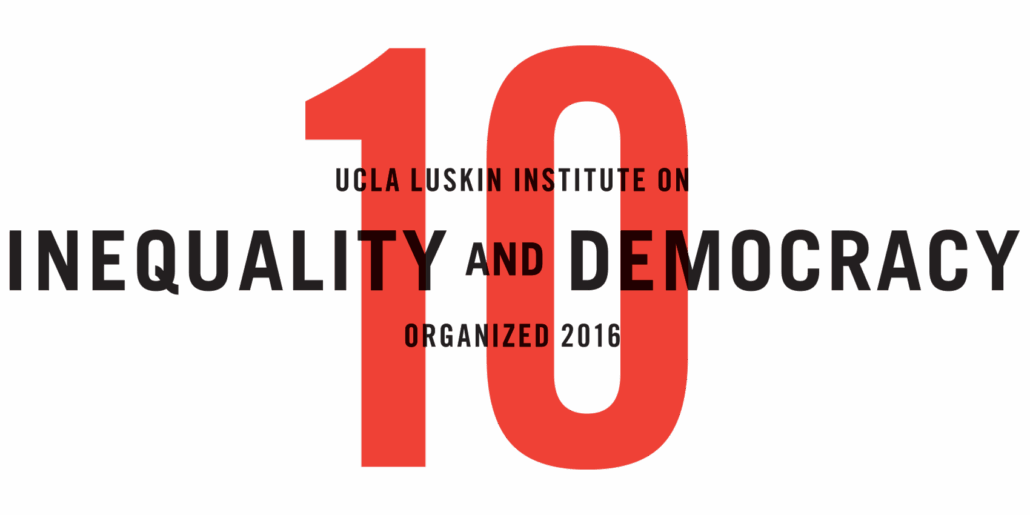We are organizing a workshop,which promises to open up an innovative research agenda on land transformation, evictions and livelihoods extending across urban and rural areas. In the spirit of the IID’s call for proposals, we plan to invite to this event four activists who have been challenging evictions and developing alternatives in both rural and urban areas. The original motivation for this workshop is the explosion of land transformations in recent years, across rural and urban Asia. In urban areas, spectacular top-end real estate developments and infrastructure projects are displacing the low-income urban majority who reside in informal settlements, which are also key spaces for pursuing the informal livelihood strategies they often depend on. In rural areas, peasant agriculture is being displaced by special economic zones, peri-urban real estate and infrastructure developments, and plantations set aside for cash crops—in particular what have become known as ‘land grabs’: inter-state agreements to set land aside in one country for export oriented food and green energy production to the other country. In both contexts, these changes are triggering displacementof current residents, challenging their livelihood possibilities. The large-scale nature of these transformations, as well as the protests they have triggered across Asia, have made questions of land, livelihoods and displacement a priority for both academic research, development policyand activism. Indonesia, Asia’s third largest country, has become something of a cause célèbre for these issues, because of the dramatic nature of transformations in contexts ranging from rural Kalimantan’s palm oil plantations to downtown Jakarta. In Jakarta, the recent past has seen an escalation of evictions under the current governor:tens of thousands of residents from informal settlements had to watch the police and military, bulldozers, heavy machinery, and construction crews forcefully remove the homes that they had built with sweat equity.
To date there has been very little intellectual exchange between scholars working in rural and urban areas as well as between scholars and activists–not only in Indonesia, but also more generally across the global South. This workshop will convene an interdisciplinary group of leading international scholars and activists from Indonesia to transcend these divides and share experiences and insights. The workshop will be organized by Professors Helga Leitner and Eric Sheppard of UCLA’s Geography Department, who are currently undertaking collaborative research into land transformations in Indonesia, also interacting with Indonesian activists. We have one activist in residence, Dian Irawaty, currently a doctoral student at UCLA, who has been involved in the past in two of the activist organizations discussed below: UPC and RUJAK. She will be a great asset for facilitating the interaction between activists and scholars also bringing her own experience as an activist to the table.
To promote active interchange among participants this will be organized as a dialogic workshop,which intersperses research presentations with small group discussions that culminate in plenary sessions. These will be organized in such a way as to ensure that activists’ voice and experience are central to the discussions; academics and activists will thus be in a position to learn from one another. Beyond the co-production of activist/academic knowledge during the workshop, our intention is to use this as the foundation for a collaborative research program in Indonesia.
By: Helga Leitner and Eric Sheppard, UCLA Geography

